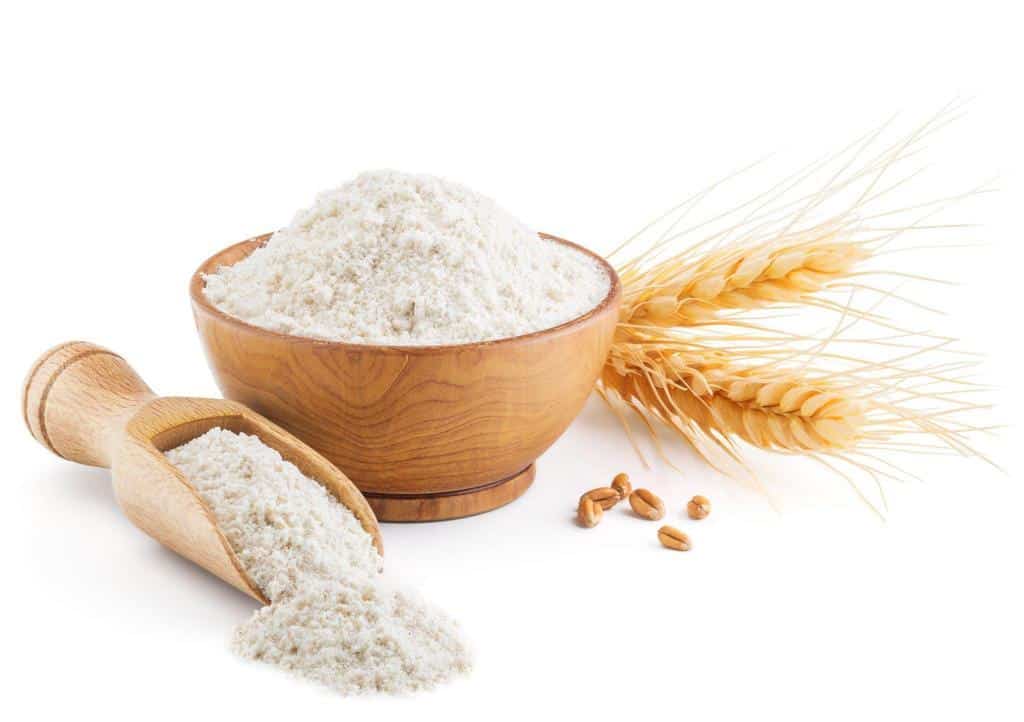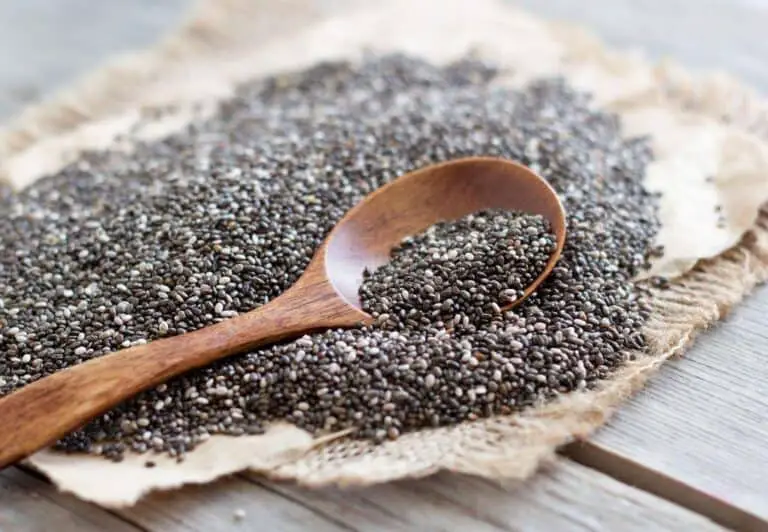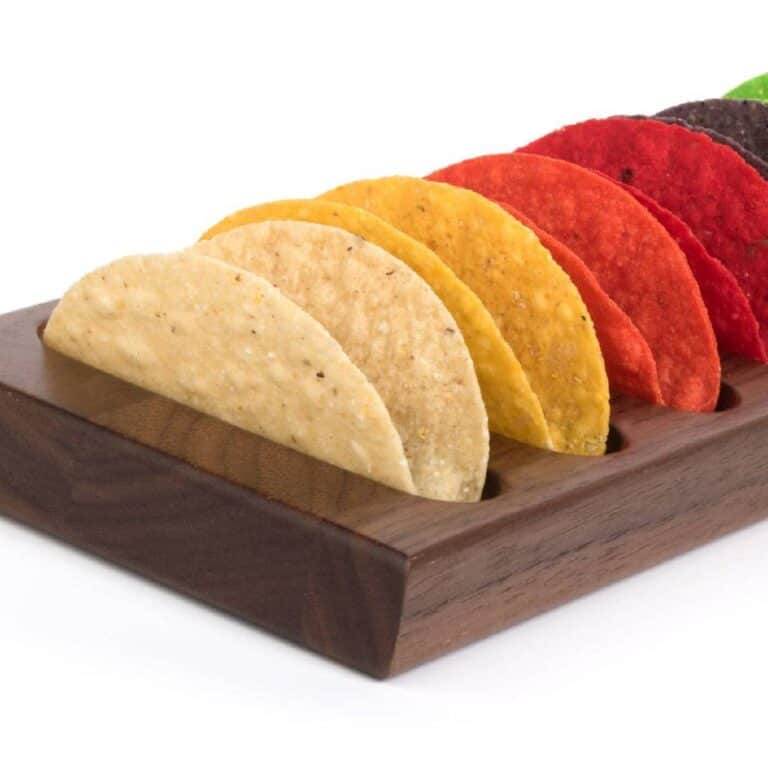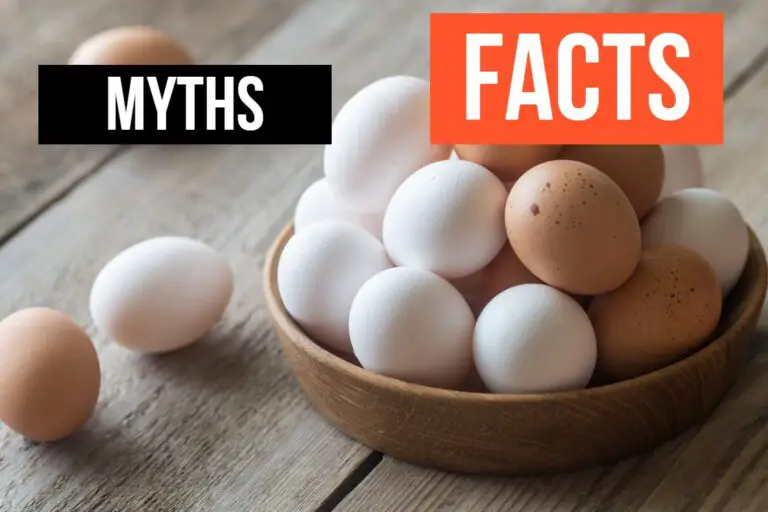Does Flour Have Carbs? How Many Carbohydrates in White Flour?

Flour is a common ingredient found in many of our favorite foods, from bread and pasta to cakes and cookies. It’s a staple ingredient in countless recipes, but have you ever stopped to wonder about its nutritional value? Specifically, does flour have carbohydrates? And if so, how many carbohydrates are in white flour, the most commonly used type of flour?
Yes, flour contains carbohydrates. The amount of carbohydrates in flour varies depending on the type of flour. However, not all carbohydrates are created equal, and consuming too many refined carbohydrates, like those found in white flour, can have negative effects on health.
In this article, we’ll take a closer look at flour and carbohydrates. We’ll explore the types of carbohydrates found in flour, how many carbohydrates are in white flour, and the effects of carbohydrate consumption on overall health. Whether you’re a seasoned baker or just curious about nutrition, read on to learn more about flour, carbs, and everything in between.
Understanding Flour and its Composition
Flour is a finely ground powder made from grains, nuts, seeds, or roots that is used in baking, cooking, and other food preparations. It is a staple ingredient in many cuisines around the world and comes in various types and grades, including all-purpose, cake, bread, pastry, and whole wheat flour.
Flour is primarily composed of carbohydrates, proteins, and fats. Most of the flour is made up of carbs, which give it energy and help it keep its shape and texture. Proteins, on the other hand, are responsible for the flour’s elasticity and help to bind it together. Fats, though present in smaller amounts, play a crucial role in flavor and moisture retention.
The composition of flour can vary depending on the type and source of the grain, as well as the processing method used. For example, whole wheat flour contains more fiber, vitamins, and minerals than white flour, as it is made by grinding the entire wheat kernel, while white flour is made from only the endosperm, which is the starchy part of the wheat kernel.
Some flours may be enriched with vitamins and minerals to make up for the loss of nutrients during processing. Overall, if you want to make tasty and healthy baked goods, you need to know how flour is made.
Carbohydrates: Definition and Types
Carbohydrates are a group of organic compounds composed of carbon, hydrogen, and oxygen. They are one of the primary sources of energy for the human body and are found in a variety of foods, including fruits, vegetables, grains, and dairy products. Carbohydrates come in different forms, ranging from simple sugars to complex carbohydrates.
- Simple carbohydrates are made up of one or two sugar molecules and are quickly broken down by the body to provide a quick burst of energy. Common sources of simple carbohydrates include table sugar, honey, and fruit juice. However, these types of carbohydrates are typically low in fiber and can lead to blood sugar spikes if consumed in excess.
- Complex carbohydrates, on the other hand, are made up of multiple sugar molecules linked together. They take longer to break down and provide a more sustained release of energy. Common sources of complex carbohydrates include whole grains, vegetables, and legumes. These types of carbohydrates are typically high in fiber and other important nutrients, making them a healthier option for long-term energy needs.
It’s important to note that not all carbohydrates are created equal, and choosing the right types of carbohydrates can have a significant impact on overall health and wellness. While simple carbohydrates can provide a quick energy boost, they should be consumed in moderation and balanced with complex carbohydrates to provide sustained energy and avoid blood sugar spikes.
By eating a variety of complex carbs as part of a well-balanced diet, people can keep their energy levels steady throughout the day and improve their health and wellness as a whole.
Does Flour Have Carbs?
Yes, flour contains carbohydrates. In fact, carbohydrates make up the majority of the macronutrient content of flour. Carbohydrates are essential for providing energy to the body, and they come in different forms, such as sugars, starches, and fibers.
When flour is made from grains, the carbohydrates are mainly in the form of complex carbohydrates, also known as starches. These starches are made up of chains of glucose molecules, which are broken down into simpler sugars during digestion. The body then uses these sugars for energy or stores them for later use.
The amount of carbohydrates in flour varies depending on the type of flour. Alternative flours, such as coconut flour or almond flour, may contain fewer carbohydrates than traditional wheat flour, making them a popular choice for low-carb and gluten-free diets.
How Many Carbohydrates Are in White Flour?
The exact amount of carbohydrates in white flour can vary depending on the brand and type of flour. However, on average, one cup of all-purpose white flour contains around 95 grams of carbohydrates. This is because carbohydrates make up the majority of the flour’s composition, with each gram of carbohydrate containing four calories.
Carbohydrates are an important macronutrient because they provide energy. However, eating too many refined carbs, like those in white flour, can be bad for your health. The body quickly breaks down refined carbohydrates, which causes sharp spikes in blood sugar levels. Over time, this can contribute to insulin resistance, weight gain, and an increased risk of chronic diseases like diabetes and heart disease.
In contrast, whole grain flours, which are less processed and contain the bran and germ, are a healthier option as they are higher in fiber and other nutrients. When choosing flours, it’s important to read labels and opt for whole grain varieties whenever possible. A balanced carbohydrate intake with protein, healthy fats, and fiber can also help slow carbohydrate absorption and keep energy levels steady.
Comparison of Carbohydrate Content in White Flour to Other Flours
| Flour Type | Carbohydrate Content (per 1/4 cup) |
|---|---|
| White Flour | 22 grams |
| Whole Wheat Flour | 24 grams |
| Almond Flour | 6 grams |
| Coconut Flour | 18 grams |
| Oat Flour | 21 grams |
| Buckwheat Flour | 23 grams |
This table compares the carbohydrate content of various flours per 1/4 cup. It’s important to note that the carbohydrate content of flours can vary depending on the brand and processing method used.
- As we can see, almond flour contains the least amount of carbohydrates, making it a popular choice for low-carb and gluten-free diets.
- Coconut flour has a moderate amount of carbohydrates, but it is also high in fiber, which can help regulate blood sugar levels.
- Oat flour and buckwheat flour have similar carbohydrate contents to white flour and can be used as alternatives in many recipes.
- Whole wheat flour, which contains more fiber and nutrients than white flour, also has a slightly higher carbohydrate content.
Effects of Carbohydrate Consumption
Consuming too many carbohydrates or the wrong types of carbohydrates can have negative effects on health. One of the most significant effects of carbohydrate consumption is on blood sugar levels.
When carbohydrates are consumed, they are broken down into glucose, which enters the bloodstream and raises blood sugar levels. Over time, consistently high blood sugar levels can lead to insulin resistance, weight gain, and an increased risk of chronic diseases like diabetes and heart disease.
Carbohydrate consumption can also impact energy levels and mood. Simple carbohydrates, like those found in sugary snacks and refined grains, can provide a quick burst of energy but are quickly metabolized, leading to a crash in energy levels.
On the other hand, complex carbohydrates, like those found in whole grains, vegetables, and legumes, are broken down more slowly and provide sustained energy levels. Also, carbohydrates are needed to make serotonin, which is a neurotransmitter that affects mood. Serotonin is released when you eat carbohydrates, which can improve your mood and make you feel better.
Choosing complex carbs over simple carbs can help keep your energy up and lower your risk of getting chronic diseases. Getting the right amount of protein, healthy fats, and fiber can also help slow the absorption of carbs and make you feel full. By making informed choices about carbohydrate cons
Carbohydrate Alternatives to White Flour
If you’re looking for healthier options to white flour, there are many carbohydrate alternatives that can be used in baking and cooking. These flours are typically higher in protein and fiber, making them more nutritious and filling. Here are a few more options to consider.
- Buckwheat flour is made from ground buckwheat, a gluten-free seed that is often used in pancakes, noodles, and bread. Buckwheat flour has a nutty flavor and is rich in fiber, antioxidants, and minerals like magnesium and manganese. It also contains fewer carbohydrates than white flour, with around 23 grams per 1/4 cup.
- Chickpea flour, also known as gram flour, is made from ground chickpeas and is a popular ingredient in Indian and Middle Eastern cuisine. Chickpea flour is high in protein, fiber, and iron, making it a healthy addition to your diet. It is also low in carbohydrates, with around 18 grams per 1/4 cup. Chickpea flour can be used in a variety of recipes, such as falafel, hummus, and even chocolate chip cookies.
- Flaxseed meal is another alternative flour that is rich in fiber, omega-3 fatty acids, and antioxidants. Flaxseed meal is made from ground flaxseeds and has a slightly nutty flavor. It is low in carbohydrates, with around 4 grams per 1/4 cup, and can be used in baking, smoothies, and as a topping for oatmeal or yogurt. Just be sure to store flaxseed meal in the refrigerator or freezer to keep it fresh.






